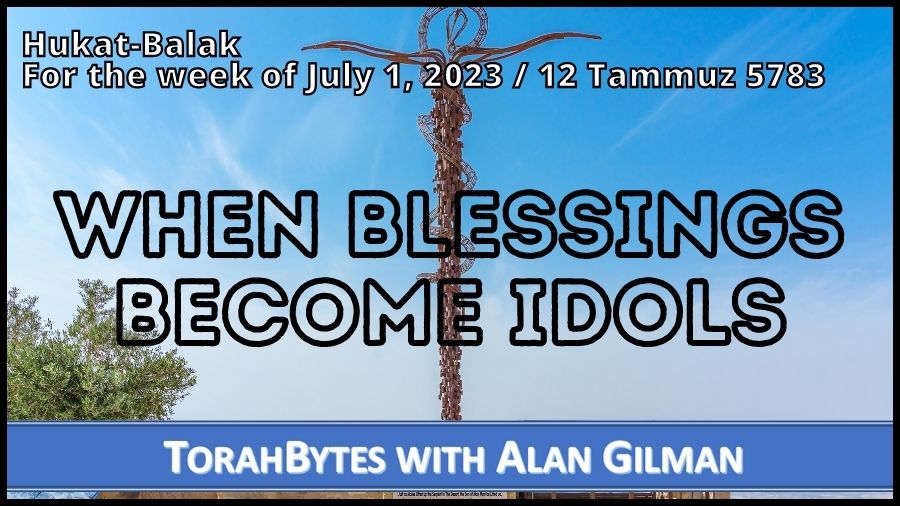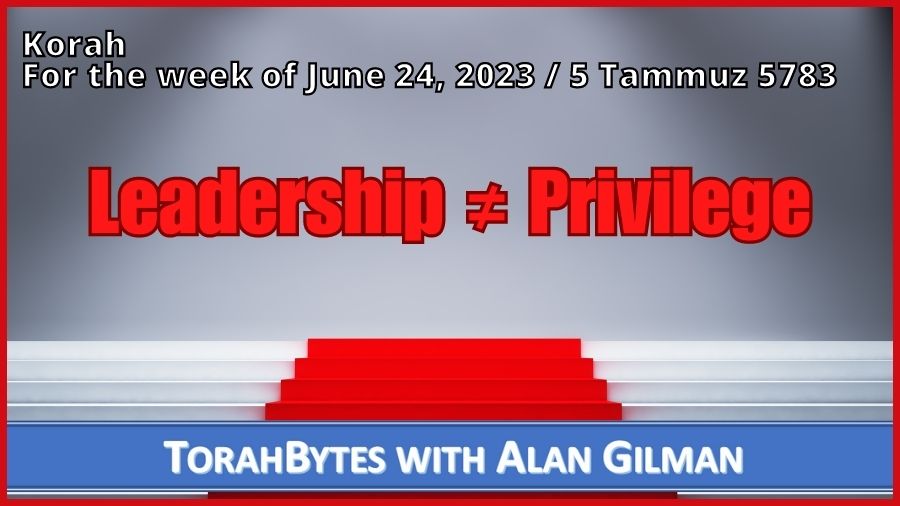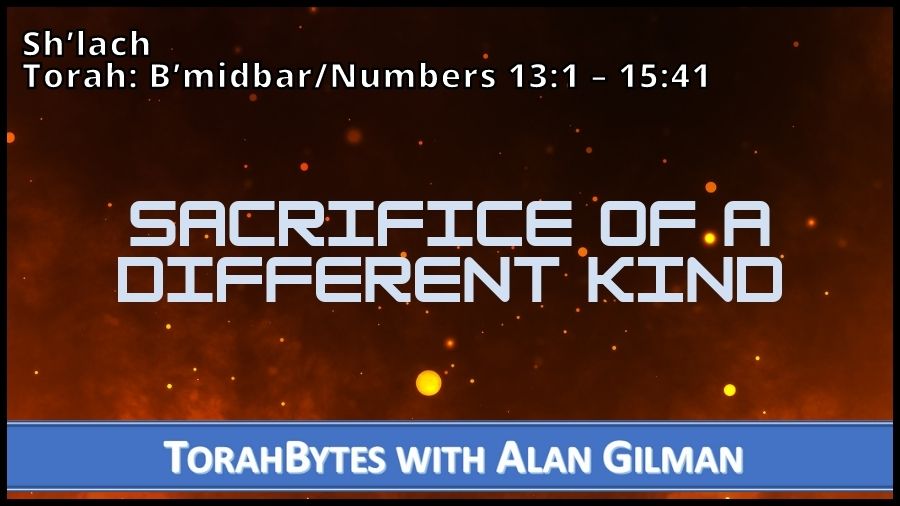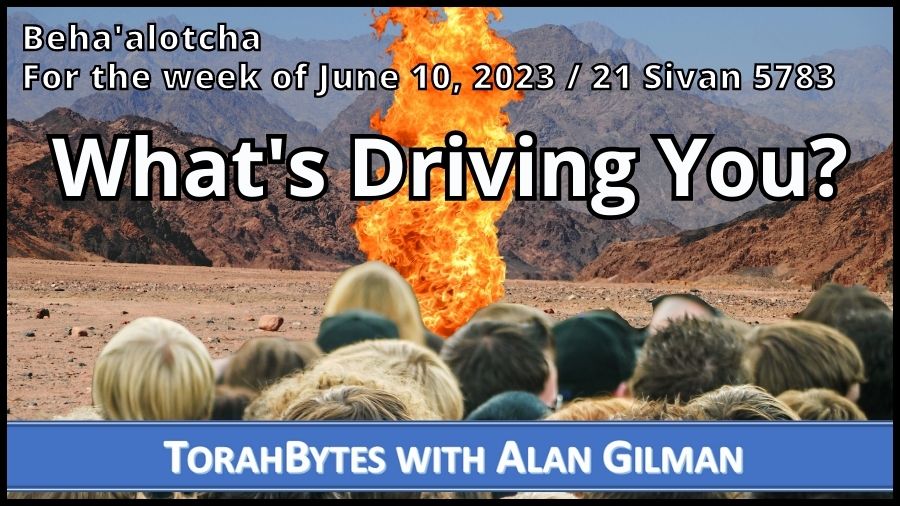For the week of July 1, 2023 / 12 Tammuz 5783

Hukat-Balak
Torah: B’midbar/Numbers 19:1 – 25:9
Haftarah: Micah 5:6 – 6:8
Originally posted the week of July 13, 2019 / 10 Tammuz 5779
So Moses made a bronze serpent and set it on a pole. And if a serpent bit anyone, he would look at the bronze serpent and live. (B’midbar/Numbers 21:9)
One of the prime focuses of the Hebrew Scriptures is the issue of idolatry that was expressed in ancient Israel in two ways: the worship of false gods as represented by an image or claiming that the true God was represented by an image. In either case, the essence of idolatry is it misrepresents reality and especially the reality of the God of Israel. The dynamics of idol worship is captured by the New Covenant Writings through this statement: “they exchanged the truth about God for a lie and worshiped and served the creature rather than the Creator, who is blessed forever!” (Romans 1:25).
Idolatry, whether it be through an actual figure associated with the true God or false gods, gives undo credence to a created thing instead of to the author of all creation. Putting one’s hope in an idol assumes that goodness can somehow be derived from the experience of engaging the thing, receiving blessing in other words. But blessing, as I just quoted, is derived from God, not things, even though God uses things to bless us. And therein lies the problem. It is so easy to confuse the instruments God uses with God himself.
This is exactly what happened with the Israelites and the bronze serpent, a story that took about eight hundred years to tell. During the wilderness wanderings under Moses, God punished the people for their grumblings by sending deadly snakes among them. In response to their humbling themselves, God prescribed an unusual remedy. He told Moses to set up a bronze serpent on a pole. All anyone bitten by a snake had to do was to look at the bronze serpent and they would be cured.
What we don’t know until the reign of Hezekiah eight centuries later was that not only did they hold on to the bronze serpent, but they made offerings to it, that is until Hezekiah smashed it (see 2 Melachim/2 Kings 18:4). For eight hundred years worship of this object had been tolerated! For eight hundred years “they exchanged the truth about God for a lie and worshiped and served the creature rather than the Creator.”
It isn’t difficult to understand why they did that. They believed, mistakenly so, that there was power in the object. What had begun as an act of faith unto God by following his instructions at the time, became an idol. They confused the source of power through his chosen instrument with the thing itself.
This is what underlies superstition. Superstition is believing that certain objects when related to in particular ways will empower us in some way. This is what happened with the bronze serpent. Looking to it was not originally superstition, since doing so was directed by God. It only became superstitious once the people assumed the power was in the object itself. They may have justified their misguided beliefs by claiming that if God used it in the past, then it’s appropriate to continue using it even after the occasion for which it was made was over and done with.
This is exactly where a lot of people of faith get stuck. We have a legitimate experience of God in the past and insist on revisiting it, thinking that we can continue to derive blessing from it when it’s outlived its intended purpose. We may not be doing this with a tangible object, but the dynamics are the same. Our precious moments with God were for the time allotted to them. To expect to derive the same blessings over and over again from what God did in an earlier time and place is to exchange the truth about God for a lie and worship and serve the creature rather than the Creator, who is blessed forever!
It is the Creator “who is blessed forever.” Blessing resides in God, not objects or experiences. He is free to use whatever he wishes to pour out blessings upon us. But if we confuse the One who blesses with that which he uses to bless, we will find ourselves living a lie and cut off from the very blessings we long for.
Scriptures taken from the English Standard Version


